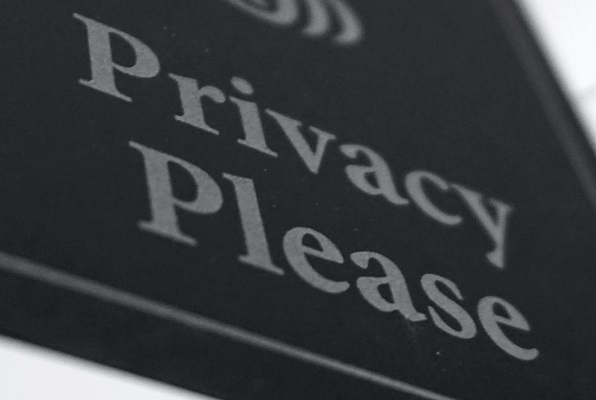Climate Change is the regulatory monopoly of energy to control behavior. Obama Care was a stage one effort to manage and track your person through regulations and digital medical records. COVID passports are actual digital on-demand IDs.
And now the IRS is going a step further to invade your privacy.
No, Abortion activists, privacy is not, in the mind of the Feds, a right.
But privacy is a right in New Hampshire. We added it to the State Constitution. And irony alert, a good part of the movement to do that was spurred by death-cult leftists hoping it would keep abortions out of reach of legislators who valued life.
Funny thing. No one yet knows what that privacy amendment means or does or how it protects, but maybe we’re about to find out.
The US Internal Revenue Service (IRS) is ramping up its security protocols. Where once you could gain online login access with a name and a password, the new process is an assault on privacy, complete with facial recognition ID. All tied to your social security number and – if you have one, I suspect sometime soon, Your Real ID. The chipped Driver’s License they’ve been pining for in every American pocket.
Illegals, I suspect, would not be required to have it because, you know, fear of being outed to the government and all that.
Some 27 states already use ID.me to screen for identity thieves applying for benefits in someone else’s name, and now the IRS is joining them. The service requires applicants to supply a great deal more information than typically requested for online verification schemes, such as scans of their driver’s license or other government-issued ID, copies of utility or insurance bills, and details about their mobile phone service.
When an applicant doesn’t have one or more of the above — or if something about their application triggers potential fraud flags — ID.me may require a recorded, live video chat with the person applying for benefits.
Brian Krebs walks you through the IRS process here if you are interested, but the short story is this. Your new digital identity will link to your mobile device and if the IRS is using it, we can expect every other government department that doles out cash to embrace it as well.
Federal, State, Local.
Some may say, but wait, might this not reduce fraud? It might. But when have you ever known the government to be more clever than people motivated to commit it or – as is more likely the case – inclined to chase it down and punish it by means other than those political?
And your government just spent two years promoting disease cure and prevention that do neither while encouraging the idea of ID passports tied to your genetic profile as defined by them.
So, not in this century.
Priorities
The loss of privacy and the ability to track your movements via a digital ID associated with a mobile device you are already carrying (and may eventually be required to carry) is the goal.
They’ll use it to feed the media stories helpful to the regime about your movements. The FBI will still show up and raid certain people’s homes at 5 am and not others. And everyone will still be guilty of something, but only when the state decides it needs that public for some political purpose.
Framing you just got easier.
And yes, this is already a threat and a reality but putting everyone on a digital ID leash just makes it easier and more likely and not always for political purposes.
The question then is, who will stand up to protect you?
In New Hampshire, we have a Constitutional amendment protecting your inherent right to privacy.
[Art.] 2-b. [Right of Privacy.] An individual’s right to live free from governmental intrusion in private or personal information is natural, essential, and inherent.
December 5, 2018
But again, what legally does that mean if anything?
Does the IRS’ new foray into digital ID violate this amendment? Will NH’s “leaders” say yes? Will its courts, rarely the true friend of liberty, agree?
Does the right to privacy mean anything, and if so, what?
Where are the lines, and is anyone prepared to draw them and stand guard? Based on my experience with the NH government, the answer is no, even when there’s a Republican in the Governor’s office.
That means the people and their legislature are the only barriers if the IRS is serious about helping the globalists or just the local Marxists create an expanded digital ID footprint for everyone who pays taxes.
How do you feel about the legislature stepping up to produce veto-proof private protections founded on NH amendment 2-b?
If you don’t have one in your state constitution, are you prepared to motivate your fellow citizens to view this and other threats as detrimental to privacy and liberty?
And with an election in the offing, will you make it a priority for candidates you’d support?
